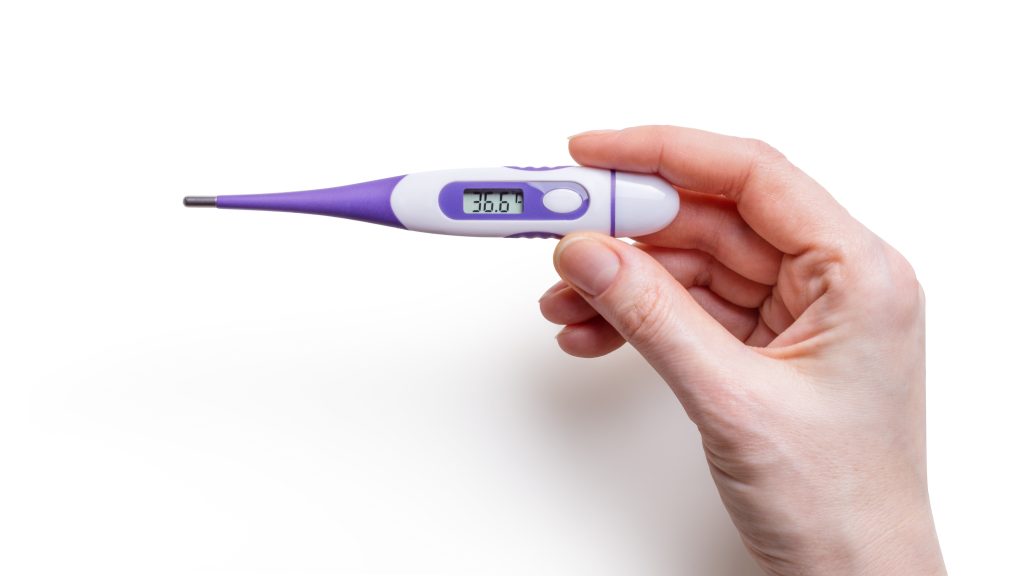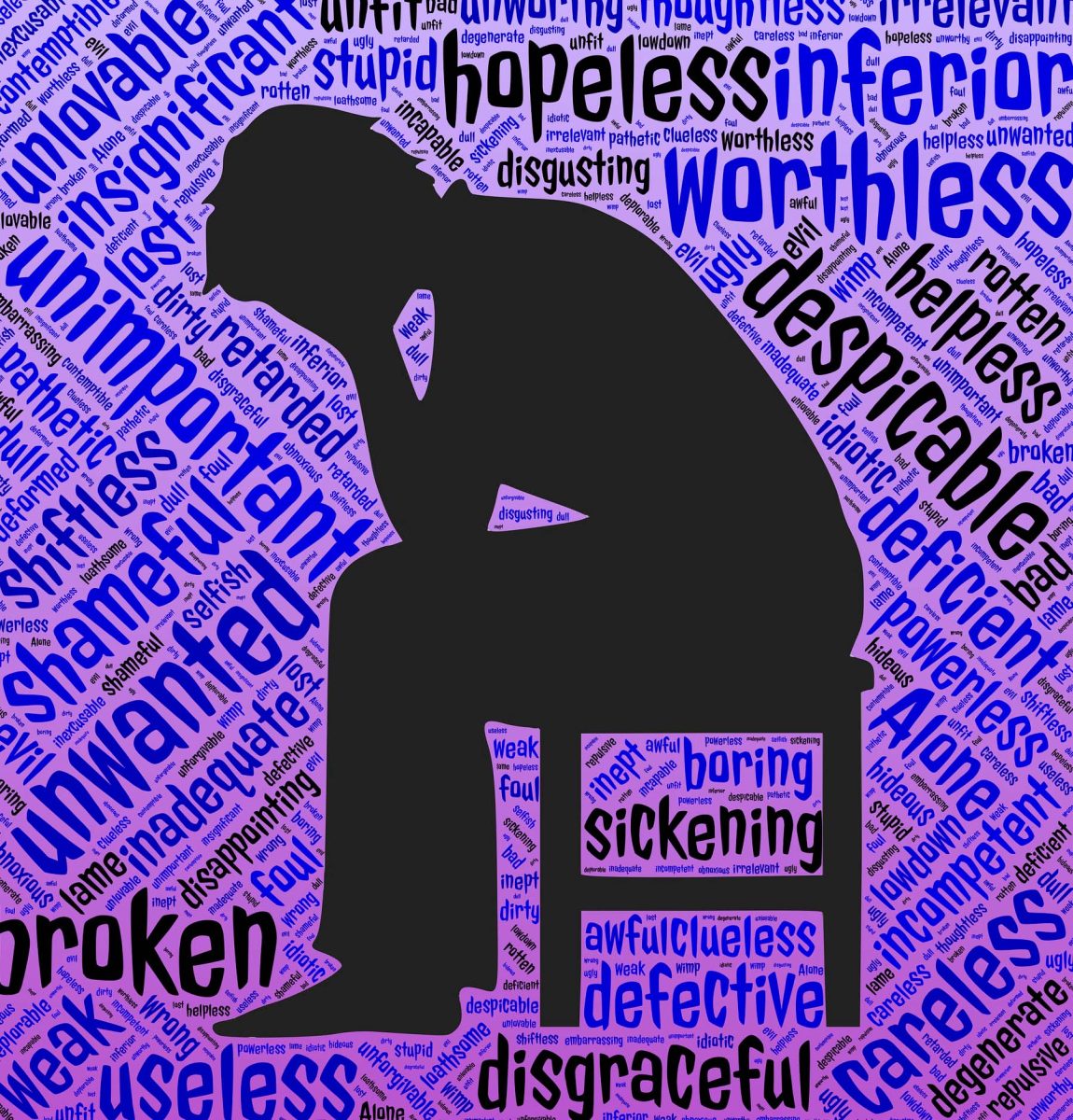Inadequacy in addiction recovery
Thoughts, feeling, and fears about inadequacy present a paradox of particular importance to recovering people. To achieve emotional growth, we must distinguish between feelings of inadequacy that cripple us and those that are healthy and normal to development.

The Malady of Measurement
Everywhere we go, we are measured. We are either short or tall, rich or poor, fat or thin, bright or dumb, white or coloured. And the actual numbers don’t matter – being six feet tall may make a foot too short for professional basketball and way oversized to be a jockey.
In addition to the numbers we can see, it seems as if everything about us has someplace on another yardstick, an invisible scale that reads INADEQUACY at the low end and COMPETENCE at its top. With competence comes the glow of pride, while inadequacy is almost a synonym for embarrassment. If it is essential to be thin, then our ability to lose weight makes us proud. If we feel too “little” to be counted as a “full-sized” person, we may be embarrassed to feel thin. People will work very hard to achieve pride and avoid the label of inadequacy.
Whenever we feel inadequate, the mind gives us an instant “readout” of what might have caused it. Even if the moment of embarrassment is healthy, as when we admit that our sponsor or therapist may offer us a simple solution for our complex problem, such understanding is difficult for us. Any moment of inadequacy produces thoughts of all such experiences – being little, dirty, incompetent, helpless, weak, a fake or phoney. We all protect ourselves against embarrassment in ways coloured by our experiences.
Sometimes it doesn’t matter who is doing the measuring. We can judge ourselves more harshly than anybody else might, or we can excuse ourselves to avoid self-judgment. One of the wonderful things about the fellowship of a Twelve Step program is that by joining, a member accepts the identity, “I am an alcoholic,” or “I am an overeater,” and no longer needs to worry about the self-judgment which usually accompanies that particular label. The more deeply involved we are in our addictive behaviour, the more difficult it becomes to judge ourselves accurately.
A related paradox is an observation that when we feel the most inadequate and the least able to face our friends, this is precisely the time we would benefit the most from meeting them.

Self-Esteem
So, why do we measure so much? It is most likely because we find it easier to point to a number than a feeling. It is easier to say, “I can drink a bottle of beer 3.3 seconds faster than anybody else in the room,” than it is to say, “I feel good about myself today.”
Self-esteem is fragile, based on flimsy evidence, and always under attack. The healthiest and most successful among us seems to derive from the certainty that one has lived up to some goal.
Children set this kind of goal when they want to grow up to be cowboys, race car drivers, or movie stars. Those are better understood as fantasies in which a child wants to take on the entire identity of the admired person. Cartoon characters like Superman are wonderful for both children and adults because they are so perfect, so invulnerable that we can never really expect to be like them – we know instinctively that everybody is inadequate compared to them. When we fantasize we’re Superman (a healthy use of fantasy), we take on a temporary identity that wipes away our inadequacy for a moment and lets us return to our authentic selves in a better mood. When we need external substances to make the fantasy more “real”, we lose reasonable control of our senses.
The more mature we are and the more we have learned the lessons and facts of addiction recovery, the more our self-esteem is based on attainable goals. Psychotherapists have often observed that people getting well in any treatment program begin to take on some physical discipline, like jogging or callisthenics. They have discovered it feels wonderful to set a goal and make it.

Then What Are Emotions?
We need to understand that emotions do not mean anything specific at all. There can never be any “basic” or “true” meaning of embarrassment, guilt, anger, anxiety, or excitement. These emotions are part of a biological sensory system that protects us much like the more conventional senses of sight, hearing, smelling, taste, touch, temperature, pain, and balance. Just as pain teaches the lion to look at a paw and remove the offending thorn, and smell asks us to glance inquisitively toward the kitchen, the feeling of inadequacy asks that we search within ourselves to see what truth has been exposed and why we need to hide it, as well as hide from it.

Freephone: 0800 140 4044
Local rate: 0300 330 3040



